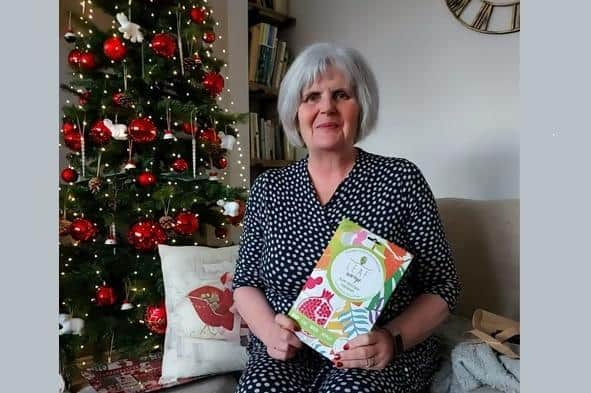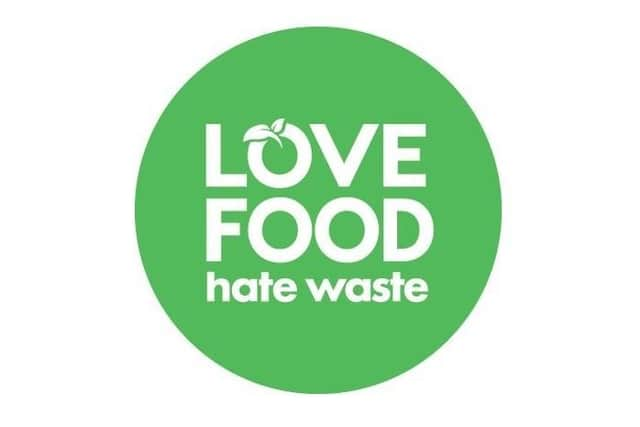Dacorum residents save big during Love Food, Hate Waste challenge
and live on Freeview channel 276
Over 170 residents from 87 households participated in the sixth annual Dacorum Love Food, Hate Waste challenge last month.
This year, the challenge coincided with the COP26 climate conference so was a perfect opportunity for residents to get motivated and play their part in tackling climate change by learning how to reduce their household food waste.
Advertisement
Hide AdAdvertisement
Hide AdUK households waste 4.5 million tonnes of edible food every year, which amounts to around £700 for an average family per year – a huge waste of money as well as resources.


In addition, when food enters the waste system it releases methane into the atmosphere which contributes greatly to climate change. In fact, if food waste was a country, it would be the third largest emitter of greenhouse gas emissions.
Over two thirds of this year’s participants were already aware of the link between food waste and climate change and felt they were already good with their food waste but wanted to improve their knowledge.
This was accomplished through the challenge, as over 84 per cent of the participants said their food waste reduced throughout the month-long challenge.
Advertisement
Hide AdAdvertisement
Hide AdPart of the challenge involved completing a food waste diary so progress could be measured throughout the month.


The average difference in food waste between week 1 and week 4 of the challenge was a 34 per cent reduction which is a fantastic achievement.
During the challenge each household received two emails per week; one explaining a behaviour to focus on such as freezing leftovers and portion planning, and one focussing on commonly wasted foods, including bananas and milk, with recipes to inspire ways they can use up each food.
The guidance was well-received; over 96 per cent of those surveyed after the challenge found the challenge helpful and the majority said they will pass their new knowledge on to friends and family.
Advertisement
Hide AdAdvertisement
Hide AdElizabeth took part in the challenge, she said “This challenge has been a real eye opener for me. I wasn’t taught things like this at school like basics of how to manage a kitchen but this has really made me review how we live and eat as a family.”
While another participant, Rob said: “This project allowed us a point of focus and was just what we needed. I noticed it most when I debated putting [our bin] out for collection as there was so little to take.”
Participants who completed both the pre-challenge and post-challenge survey were entered into a prize draw.
Lucky winner, Ann Pearce, won an eco-friendly food storage set. She said: “Even though I feel that I do well with my food waste, I found the challenge very informative and I learnt many new things. I would encourage anyone to have a go at the next challenge.”
Advertisement
Hide AdAdvertisement
Hide AdThe Christmas and New Year period can be a peak time for food waste, with many households over-buying food and cooking too much food.
It is estimated that throwing away one portion of Christmas dinner produces the same carbon emissions as having your Christmas lights on every day in December.
To find out how to reduce food waste in the home, visit the Love Food Hate Waste website.
Those interested in signing up for the next food waste challenge should email [email protected] to register their interest.